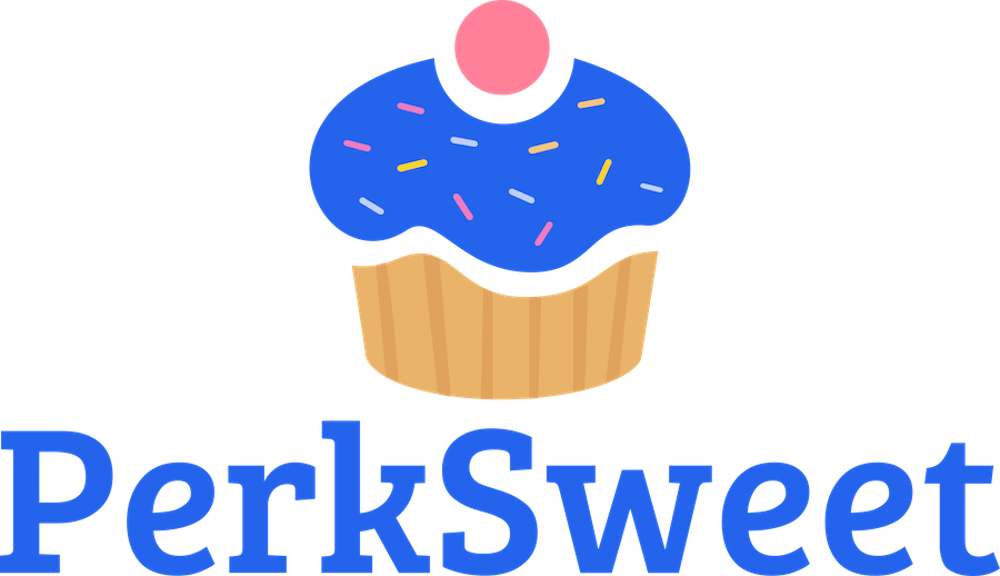The Critical Role of Recognition in the Workplace
A comprehensive study by Gallup revealed that employee recognition is a pivotal factor in driving business success. However, many organizations fall short in this area. Key findings include:
- Only about 23% of employees strongly agree that their organizations effectively recognize important professional milestones (Gallup).
- A mere 15% feel their personal life events are adequately acknowledged in the workplace (Gallup).
- Approximately 40% of employee report receiving recognition a few times a year or less from their leaders (Gallup, “Workplace Recognition and Employee Engagement” study).
These findings are crucial because employee recognition is directly linked to higher levels of engagement, retention, and well-being. A Deloitte study found that organizations with recognition programs have 31% lower voluntary turnover than those without such programs (Deloitte).
The Power of Customized Recognition
McKinsey’s research emphasizes the impact of personalization in business, particularly in employee recognition. Customized recognition of individual achievements can significantly enhance engagement and loyalty. A McKinsey report highlights:
- 71% of consumers, and by extension employees, expect personalized experiences (McKinsey & Company).
- Organizations with strong personalization strategies see up to a 40% increase in revenue (McKinsey & Company).
- Companies that excel in personalization can reduce marketing costs by 10 to 20% (HBR).
Applying these principles to employee recognition means creating a program that acknowledges individual achievements in a meaningful way. This not only enhances the employee’s experience but also fosters a deeper connection with the organization.
Designing an Effective Recognition Program
1. Fulfillment in Recognition:
- According to SHRM, frequent recognition, at least a few times a month, is vital for sustaining employee engagement. Regular appreciation helps maintain a positive work atmosphere and reinforces the value of employee contributions.
- Employees who feel fulfilled by recognition are four times more likely to be engaged (Gallup).
2. Embedding Recognition in Culture:
- Forbes highlights that a strong recognition culture significantly boosts employee engagement. Companies with such cultures experience up to 2.5 times higher engagement levels, demonstrating the power of consistent and meaningful recognition.
- Recognition needs to be a part of the everyday culture, not just an occasional practice (Deloitte).
3. Authentic Recognition:
- Gallup reports that genuine recognition profoundly affects employee morale, but only a third of employees perceive their recognition as authentic. This suggests a need for more sincere and meaningful acknowledgment in workplaces.
4. Equitable Recognition:
- Gallup’s Diversity and Inclusion Report indicates that equitable recognition is essential for inclusivity, with minority groups often feeling under-recognized. Addressing this disparity is crucial for fostering an inclusive environment.
5. Personalized Recognition:
- Gallup also found that only 20% of employees strongly agree that their recognition preferences are considered, underscoring the need for personalized approaches in recognition strategies. More details can be found in Gallup’s report on Employee Engagement and Recognition.
Future Trends in Employee Recognition
The integration of AI and advanced analytics is revolutionizing employee recognition. According to the Harvard Business Review article, “The AI-Powered Organization,” companies are increasingly leveraging these technologies to gain deeper insights into employee preferences and behaviors. This allows for more personalized, human-centered recognition experiences. AI helps in understanding individual employee needs and preferences, enabling organizations to tailor their recognition strategies effectively. This trend is setting a new standard in how employee achievements are acknowledged and celebrated, making the recognition process more impactful and meaningful.
In summary, the integration of employee recognition software, customized recognition, and the creation of effective recognition programs are critical for modern business success. These strategies foster a positive workplace environment, drive significant business impact, and enhance overall employee satisfaction and loyalty.
PERKSWEET REWARDS PLATFORM
Elevate your workplace with PerkSweet’s comprehensive reward and recognition software. Create an environment of appreciation with personalized badges, celebrating each milestone and achievement. Spark healthy competition with engaging leaderboards and empower your team with meaningful peer-to-peer recognition.
BOOK YOUR DEMO
Discover how PerkSweet can transform your team’s morale and productivity. Get started with our demo today!
Further Discussion:
1. How does effective employee recognition impact business performance?
– Organizations with robust recognition programs experience 31% lower voluntary turnover, leading to significant cost savings and enhanced productivity (Deloitte).
2. What role does personalization play in employee recognition?
– Personalization in recognition leads to increased employee engagement and loyalty, with companies seeing up to a 40% increase in revenue from personalization strategies (McKinsey & Company).
3. What are the essential elements of a successful employee recognition program?
– Key elements include frequent and fulfilling recognition, embedding recognition in company culture, authenticity, equity, and personalization (Gallup and SHRM)
4. Why is it important to customize employee recognition?
– Customized recognition addresses individual preferences and achievements, making employees feel uniquely valued and increasing their connection to the organization (Gallup).
5. What are the emerging trends in employee recognition?
– The integration of AI and advanced analytics for more personalized, human-centered recognition experiences is a key trend shaping the future of employee recognition programs (HBR).

